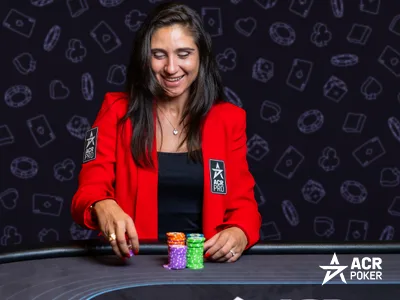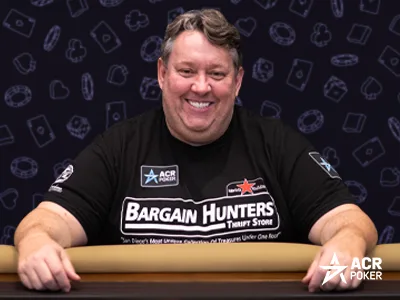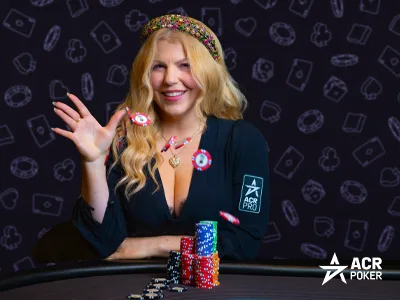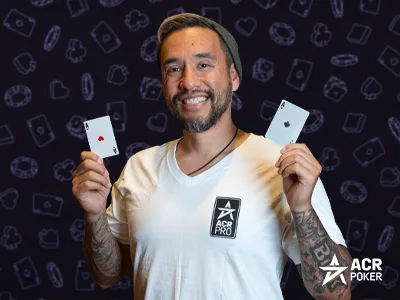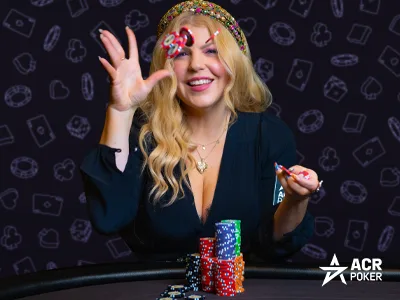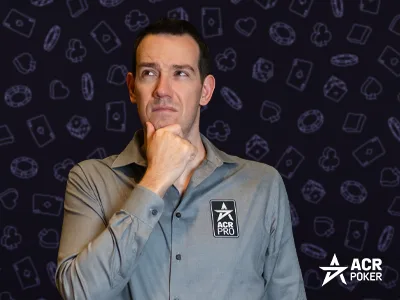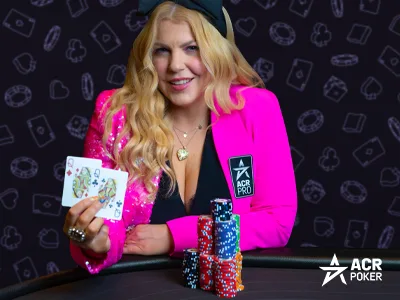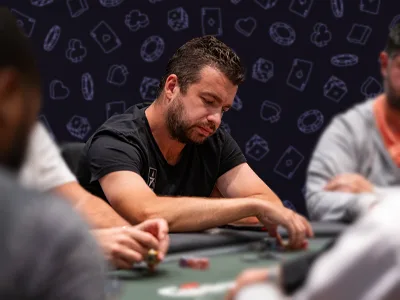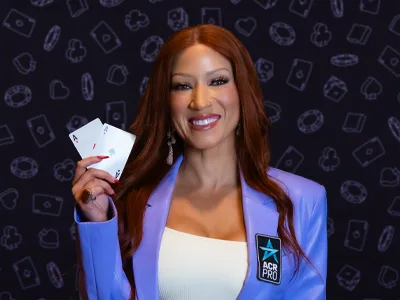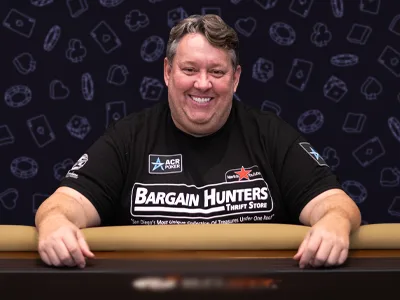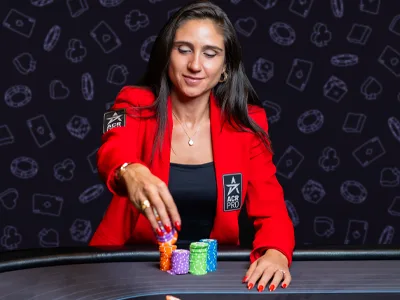Post-flop success comes from recognizing that the deck composition creates a dynamic environment Post-flop play in Six-Plus Hold’em, or Short Deck, demands a different mindset than in standard Hold’em because the shortened deck changes nearly every mathematical assumption. With fewer cards ranked two through five, hand values shift sharply, and post-flop ranges become naturally wider.
Category: How to
Adjusting Play Based on Opponents’ Tendencies in Rebuy Tournaments
Continuous adaptation is the key to deep runs in rebuy poker tournaments The landscape of a rebuy tournament fundamentally changes once the rebuy period ends, and adjusting your strategy based on opponents’ tendencies is crucial for success. During the initial rebuy phase, recognize that players fall into two main categories: those who embrace aggression, knowing
Why Cold Decks Are an Essential Part of Poker Strategy
Accepting cold decks as an essential and unavoidable part of poker helps you make smarter decisions Cold decks are some of the most memorable moments in poker, but understanding them is actually a key part of long-term strategy. A cold deck occurs when two (or more) players are dealt extremely strong hands at the same
Understanding Equity Shifts in Short Deck Poker
In Short Deck, the player who best understands equity swings ends up in high-EV situations Short Deck poker changes traditional equity calculations in ways that can trip up even experienced Hold’em players. With the 2s through 5s removed from the deck, the game becomes far more volatile, and seemingly small adjustments in card distribution lead
Adjusting Aggression Levels As Blinds Increase in Freezeouts
Strategic aggression is not just about pushing chips, it’s about pushing at the right moments Managing aggression as blinds rise in a freezeout tournament is one of the most important adjustments a player can make. The changing stack-to-blind dynamics force everyone to rethink hand values, opening ranges, and risk tolerance. Players who fail to adapt
How to Navigate the Turn and River Effectively in Heads-Up Play
It’s not about raw aggression; it’s about reading patterns and making decisions align with a believable strategy Navigating the turn and river in heads-up poker requires sharp observation, discipline, and the ability to adjust quickly. With only one opponent, every decision carries more weight, and each street provides crucial information. Successful players know that these
Post-session Reflections: Learning from Cold Deck Experiences
The goal isn’t to avoid bad luck; it’s to respond to it with focus and a plan for continuous growth Every poker player has faced the frustration of a cold deck—a stretch where the cards seem determined to go against you. These sessions can feel like a test of patience and discipline, pushing even experienced
Adjusting Strategy for Flat Payouts vs. Top-Heavy Prizes
The best players learn to identify which environment they’re in and adjust seamlessly Tournament poker often requires players to adjust their strategy based on the payout structure, and understanding the difference between flat and top-heavy prizes is essential. A flat payout spreads winnings more evenly across finishing positions, rewarding consistency and survival. In contrast, a
Exploitative Play in Short Deck Poker
Learning to exploit mistakes, misreads and psychological patterns gives you a decisive edge Short Deck Poker, also known as Six Plus Hold’em, changes many traditional poker dynamics by removing cards two through five from the deck. With fewer cards, hand values shift dramatically, and players must rethink which strategies generate the most profit. Exploitative play—adjusting
How to Know When to Switch Up Your Strategy in Heads-up Play
Switching strategies is about staying one step ahead of your competition Heads-up poker is one of the purest tests of skill, forcing players to adapt quickly to a single opponent’s tendencies. Unlike fullring or six-max games, there’s no hiding—every hand matters, and every action reveals information. Knowing when to switch up your strategy in heads-up
The Psychology of Mucking: When to Throw Away Your Hand
By selectively choosing when to show or hide a fold, players control the flow of information In poker, knowing when to fold is just as important as knowing when to bet. Mucking — the act of throwing your cards away — is more than a mechanical move; it’s a psychological decision that tests discipline and
How To Find Value in Low Potential Hands in Texas Hold’em
Balance aggression, position, and observation, to find value in hands that others throw away Finding value in low potential hands in Texas Hold’em requires patience, awareness, and strategic timing. These hands, often considered marginal or speculative, can still turn a profit when played under the right conditions. The key is to recognize when the situation
